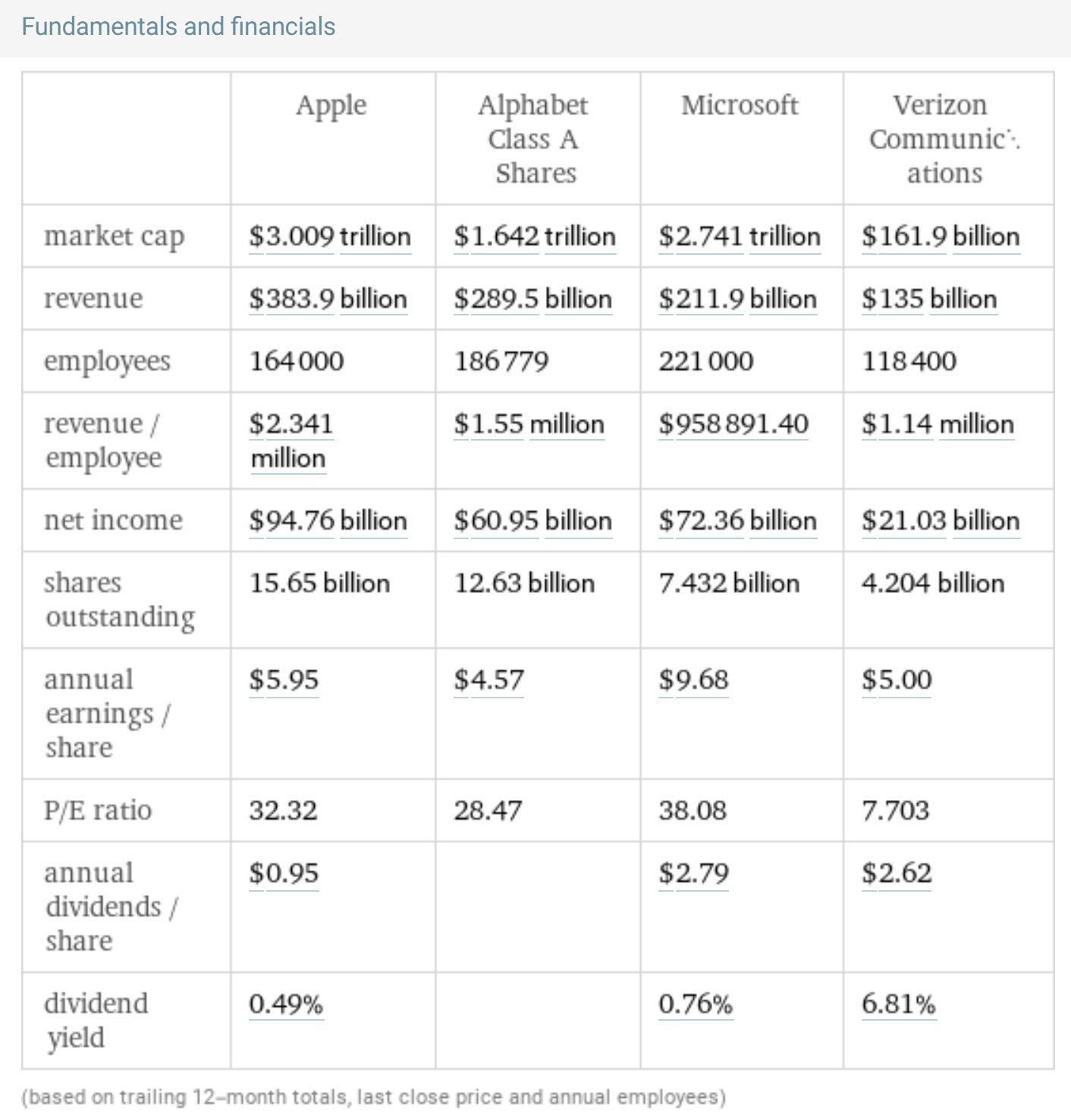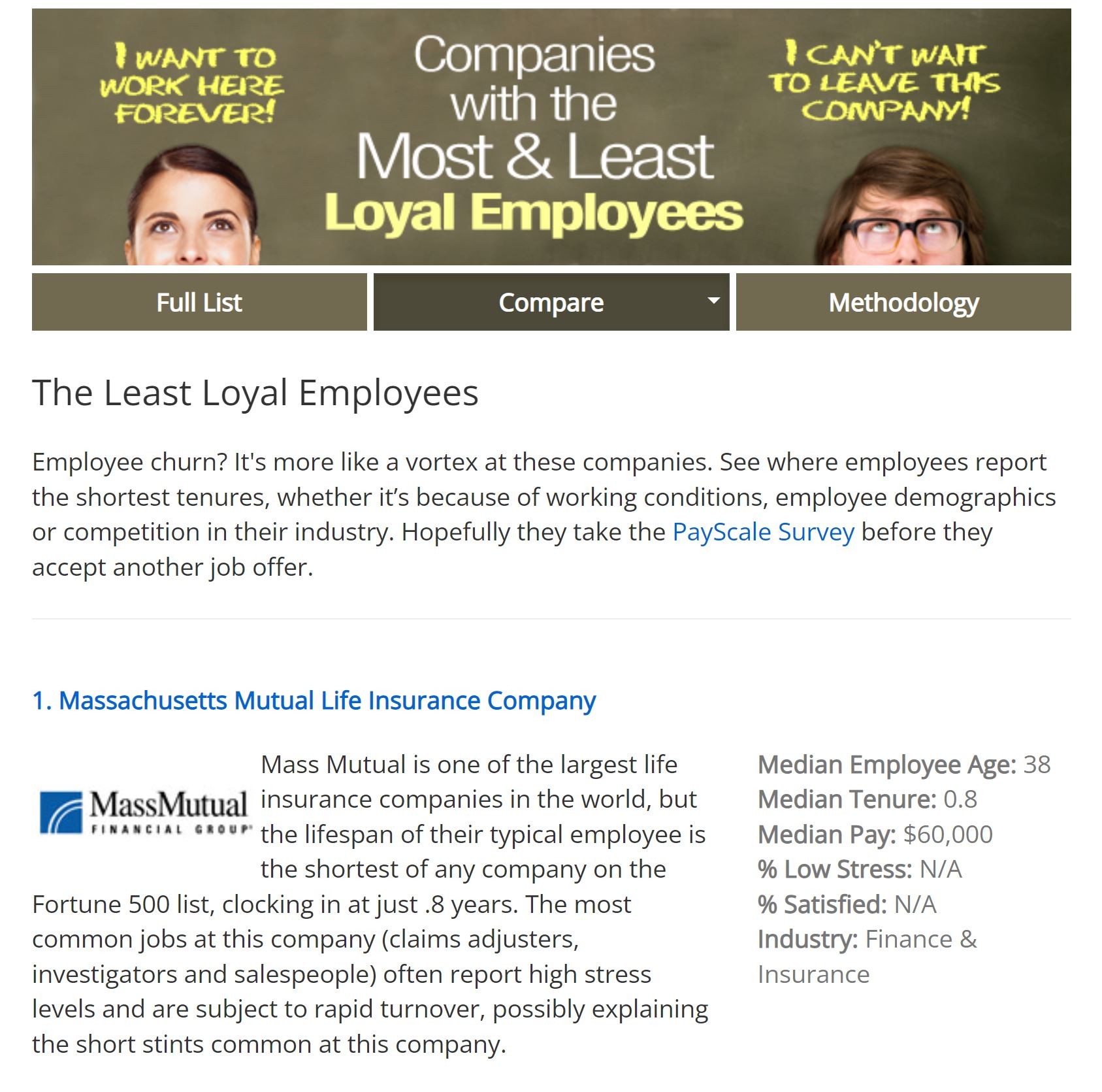Being the Editor at SourceCon, I get a lot of questions about the industry. I also get several inquiries on how to resolve various sourcing issues. Some of the issues are problems I have faced multiple times in my career but there also queries that catch me totally off guard. For example, at the last SourceCon someone came up to me and asked, “Jim, are you really that good looking? It’s just so hard to believe…”
Okay, so maybe that didn’t happen. Okay, it never happens. The questions I do get are more like this, “Jim, how can I source managers and not ordinary managers, but the best of the best of the very best?”
To which I would think to myself, “I have no (insert expletive of your choice) clue.”
But rather than say that out loud, I take in a quick breath, stall for a moment and then say what immediately comes to mind and hope that it’s perceived as something brilliant. Nine out of 10 times it is not, but that 10th time is magical. Case in point, the last time someone asked me how to find a “best of the best” manager, this is what I said, in so many words:
“Umm … I think ‘good’ is too subjective a term,” I said. “What one Hiring Manager considers good will be different from another. Be that as it may, I would make the argument that you can source good managers based on the amount of revenue the average employee makes for a company. Logic being, the managers in those companies know how to get the most productivity out of their people.”
The person who asked me the question stared back with a befuddled gaze, so I pressed my point.
“Are you familiar with Wolfram Alpha?” I ask.
“Uh… no,” they replied.
I continue.

Wolfram Alpha is like a search engine, but not a search engine at the same time. It does not search the web for keywords you enter, instead, it produces stats, facts and figures about your keyword; anything that can be computed. (Which is why it bills itself as a Computational Knowledge Engine.) For example, if you search on the term “Jim” you will find data on how popular the name is in the USA and the average age of the person bearing that name. (Interesting info for a trivia buff, but not all that useful.)
For giggles, I do a search on four large publicly traded companies: Google (Alphabet), Microsoft, Verizon and Apple. Wolfram Alpha instantly compares the companies on a variety of factors, among them the amount of revenue (on average) each employee generates. Curious to see who manages the most productivity out of their employees?
- Apple wins the race with $2.341 million dollars of revenue per employee
- Google (Alphabet) was second with $1.55 million dollars of revenue per employee
- Verizon was third with $1.14 million of revenue per employee
- Microsoft was fourth with $958,891.40 million of revenue per employee

I thought this was a cool tool, but I wondered if it produced the same data for private companies. I figured it would not, but checked anyway by looking up the top 4 private American companies and searching on them collectively in Wolfram Alpha and to my surprise, there was data on two of the companies I was looking for, but not others. Despite that fact, I found pretty good data I must say and very relevant unless of course you are looking for private companies who only employ left-handed Executives based in Tasmania. Hah! But what are the odds that someone will ask that specific question anyway?
“That’s great Jim,” I hear you saying, “but what if I want that same type of info from private companies who only employ left-handed Executives based in Tasmania?”
To which I would reply, “Umm … ahh … That’s a very good question! If you allow me a moment, I need to run out and ask myself that very question. Should I arrive before I get back, please keep me here until I return. Ta-ta!”
Well, I would say either that or “I don’t know.” Probably the latter. Or, I may try to increase my chance to dazzle by suggesting additional sourcing strategies. For your consideration, here are a few more considerations….
Look for companies with loyal employees!
two other ideas to try may be to (1) look for companies that have the most loyal employees. After all, conventional wisdom says people do not leave companies, they leave managers. (There is so much content out there around this theme.) Payscale did a very interesting thing. They looked at the tenure of employees among Fortune 500 companies. Their list of most and least loyal employees makes for some interesting reading. Case in point, according to their data, companies like Amazon, Google and Apple are at the bottom of the list whereas General Motors, AT&T and Pfizer are near the top. Click here to see the full list. The company with the most loyal employees may surprise you.

When targeting the best managers to recruit, I would look at managers from the top of that list. However, that’s a bit of a catch-22 because they are (presumably) very loyal to those companies.
Look for award winning workers
Hmm… Another sourcing strategy may be to seek out people who were given awards for their leadership skills. When I searched on “Leadership award” on LinkedIn and added “manager” to the job title filter, there were 821 results. I could, of course, filter these results further to industry, location and so on. 
Wikipedia has a long list of Business Awards. Why not find an award related to the type of manager you are looking for, then search LinkedIn or the web, for people who won the award in the past? Just an idea and I have another one…
Look for Peer Reviewed Articles
Its one thing to say that you are good at what you do and quite another for a group of your peers to shout your praises and further validate you, by incorporating your work into their own. Logic says that the more someone is cited by their peers, the more valid the expertise. One way to find such individuals is with Google Scholar. In the image below, we see that I am searching Google Scholar for the term “cybersecurity.”

Using the scientific process of eenie, meenie, minee, moe, I choose a result at random – IH Sarker (as indicated by the arrow in the image below).

On the results page I find lots of sourcing goodness.
a) I see the researcher’s name, where they work, and their email address. (Yay!)
b) I see the research they produced, how many times its been cited in other works and the year the research was published.
c) I see a chart showing how much IH Sarker has grown in popularity, or rather his work. The way his citations are trending, his intellectual stock is going through the roof. He is definitely someone I would want to chat with if I was sourcing for cybersecurity professionals.

Further down the results page, on the right, I see a list of Co-authors. These are people who have cited Sarker’s work in their research. Such being the case, they obviously have similar skillsets. No doubt, I would want to speak with them as well.

As I reflect on this even more, I feel like I have forgotten something about how to source the best managers (and the best people in general). If you know what that is, let me know in the comments below.
See you at SourceCon!
Jim
